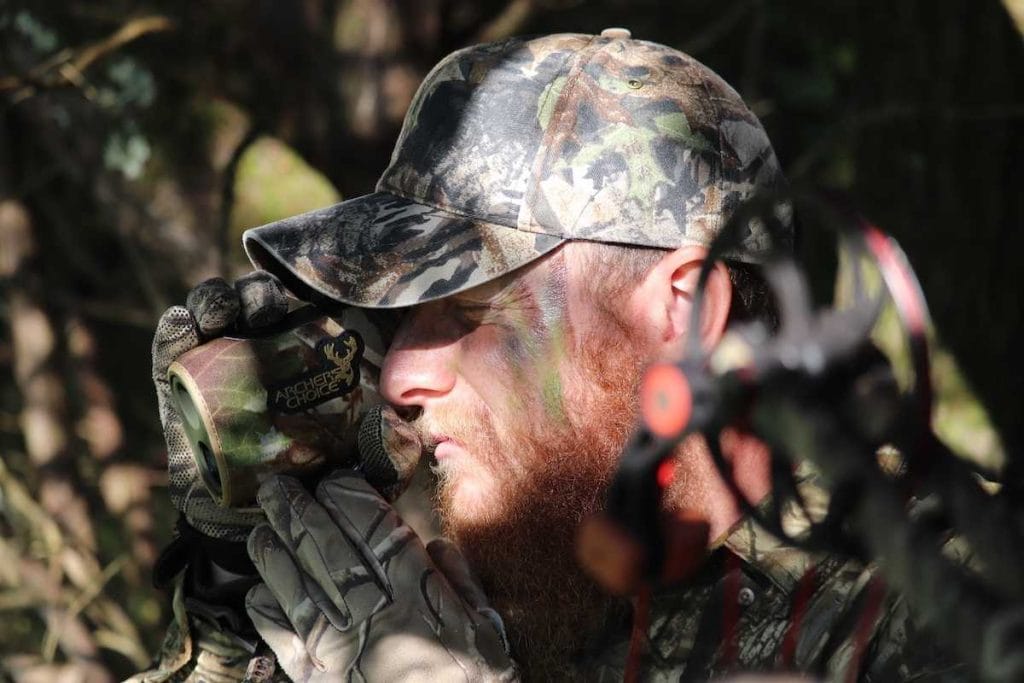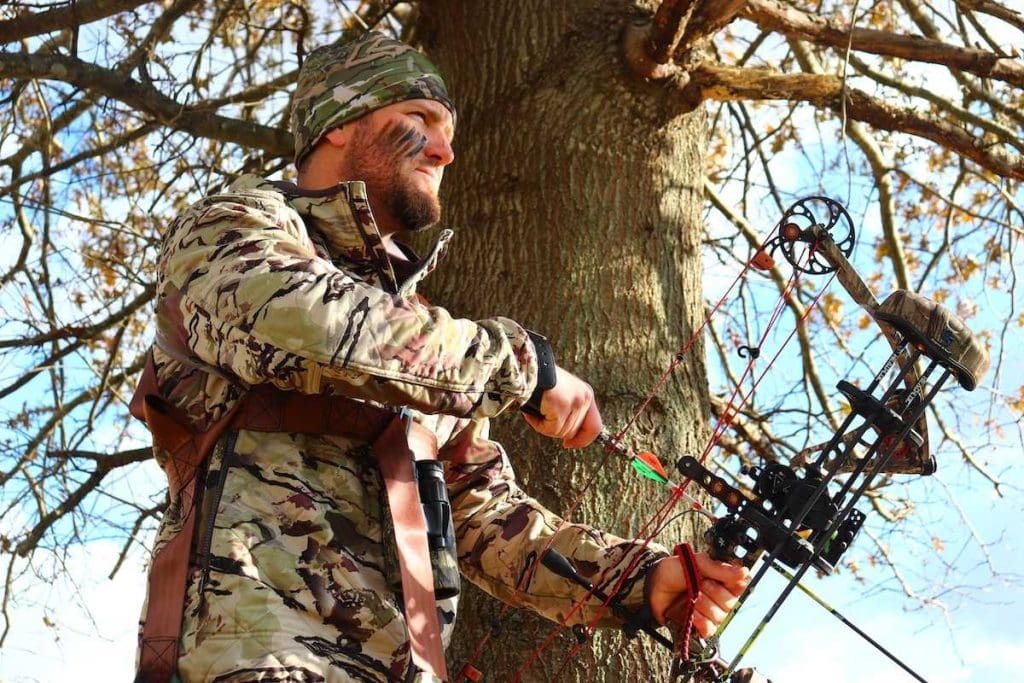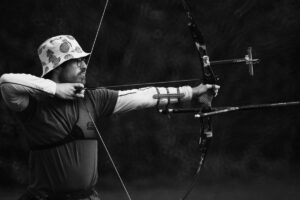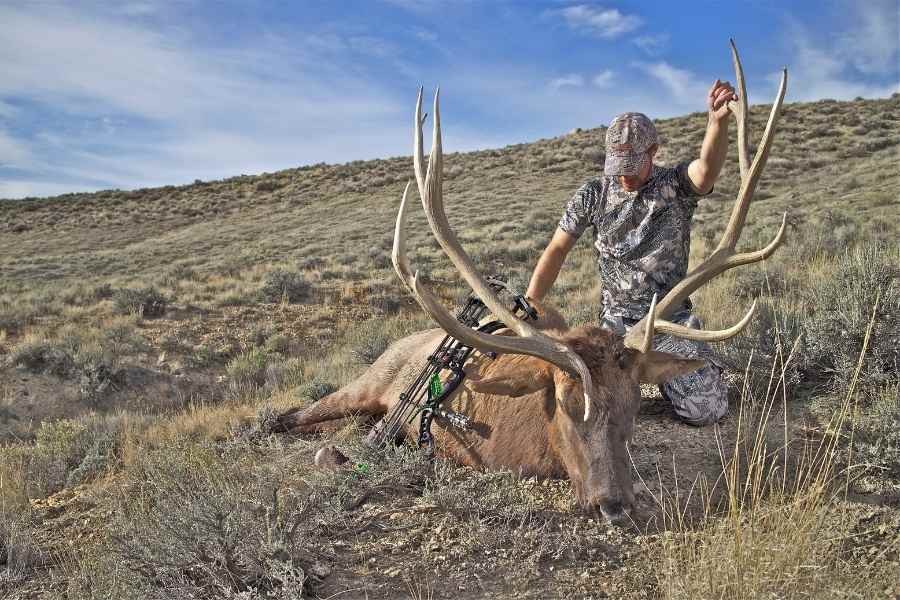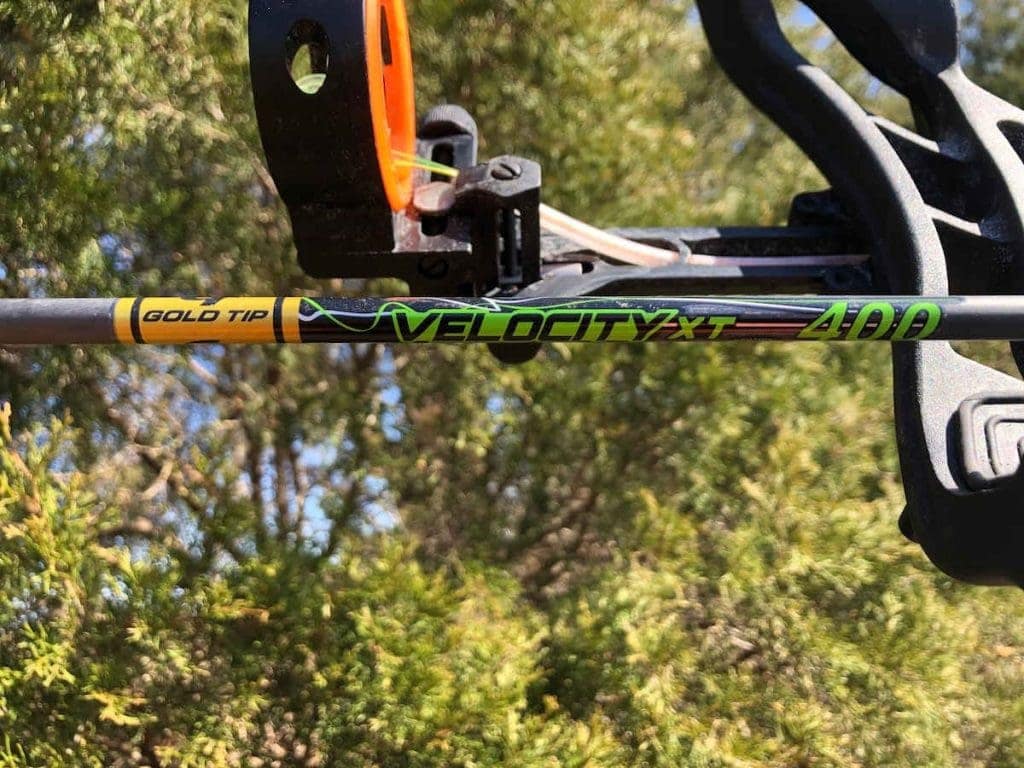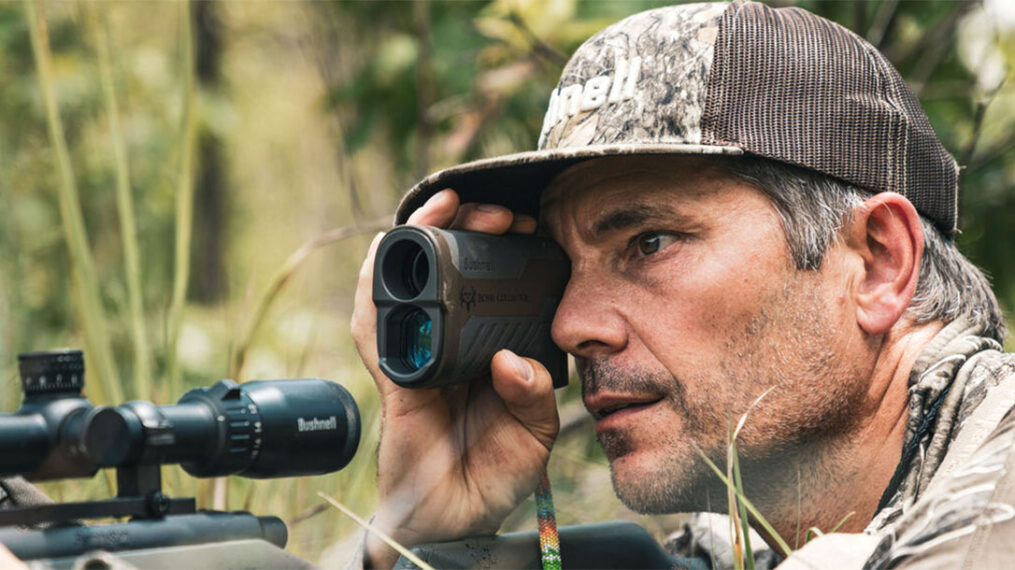Many hunters find themselves elated whenever they receive a long-awaited picture of a mature buck on their trail camera. This, of course, is only natural, as a hunter’s mind spins at light speed, contemplating the opportunity of crossing paths with a true monarch whitetail.
However, many of these same hunters also wonder if a particular buck will return to this area again.
This question is especially perplexing if a buck appears to go missing after its initial sighting. Will a deer come back to the same spot, and if so, how long will it take for a particular deer to return?
While there are many uncertainties that surround the whitetail deer’s behavior, this question is relatively straightforward to answer.
Contents (Jump to Topic)
ToggleReturn Visitors
The whitetail deer is a creature of habit, known to hang close to those areas which provide all that sustains life. Deer are likely to inhabit and hold within close proximity of properties that offer ample food, water, and security cover.
This means that if a deer has appeared on camera even once, they are likely somewhat familiar with the given area and should return at some point.
The exact amount of time between visits to a particular area is dictated by what the area offers. Assuming that the area in which a deer has been spotted offers food, water, and security cover, visits are likely to be frequent, if not continuous in nature.
On the other hand, properties largely void of one or more of these features are unlikely to hold specific deer on an ongoing basis. In such cases, a deer is still likely to return to the area where it was spotted, though less frequently.
It is also important to realize that deer utilize specific home ranges in which they feel most comfortable and have an established history.
Deer primarily stick to these home ranges throughout the vast majority of their day-to-day travels, though the odd outlying excursion is not out of the question.
For this reason, the frequency of return trips to an area also depends on how central this area is to a deer’s home range.
The only significant exception to that which has been described comes in the case of rutting bucks, who have been known to travel great distances in search of receptive does.
While a buck might be spotted in a certain area under such circumstances, it can be relatively difficult to determine whether or not it will return after the rut has ended.
What About When Disturbed?
Hunters often question whether or not a deer will return to a given area if they have previously been disturbed to any level of severity.
While an individual deer’s reaction to such circumstances is difficult to predict, a total abandonment of the area, in general, is highly unlikely, especially if this area happens to be centralized within a deer’s home range.
A shift to nocturnal movement is the more likely response to major or ongoing minor disturbances. To avoid a perceived threat, deer will often remain bedded during the vast majority of daylight hours, only emerging for short periods to feed and water.
These same deer will then venture to more prominent food sources under darkness.
What About When Injured?
No matter how hard we try as bowhunters to avoid such situations, there are rare occasions in which a deer will be injured by a wayward arrow, only to survive. Naturally, under such circumstances, hunters often wonder whether or not an injured deer will vacate the area entirely, never to return.
The truth is the chance of a deer completely vacating an area as the result of an injury is extremely slim. Deer, like any wild animal, are prone to occasional injury by a near-infinite number of means.
Whether struck by a vehicle, injured in a fight or hurt in a heavy storm, deer can find themselves on the receiving end of many types of injuries.
However, one must remember that a deer lacks the same ability to reason concisely as humans. Simply put, a deer injured by an errant arrow cannot determine that its injury has come from a hunter’s shot attempt.
Therefore, they are no more likely to leave an area under such circumstances as they would when injured by any other means.
Staying The Course
As stated, deer are largely creatures of habit, making a routine out of returning to any area that provides food, water, and security cover in abundance. With this in mind, it stands to reason that a deer will likely return at some point to any area that they have previously ventured.
As a hunter, our job is to stay the course and be on the stand whenever an opportunity of this type presents itself.
